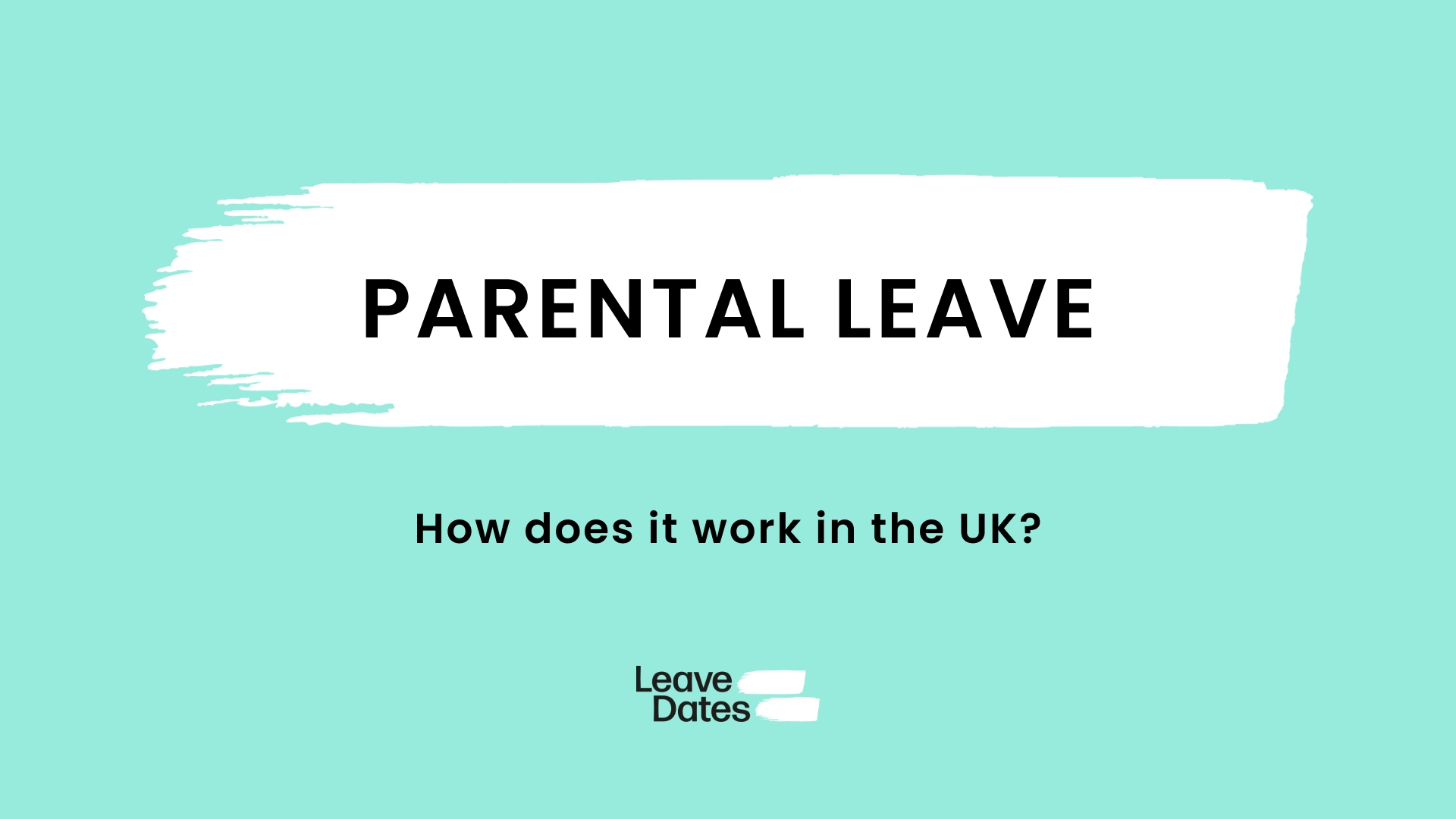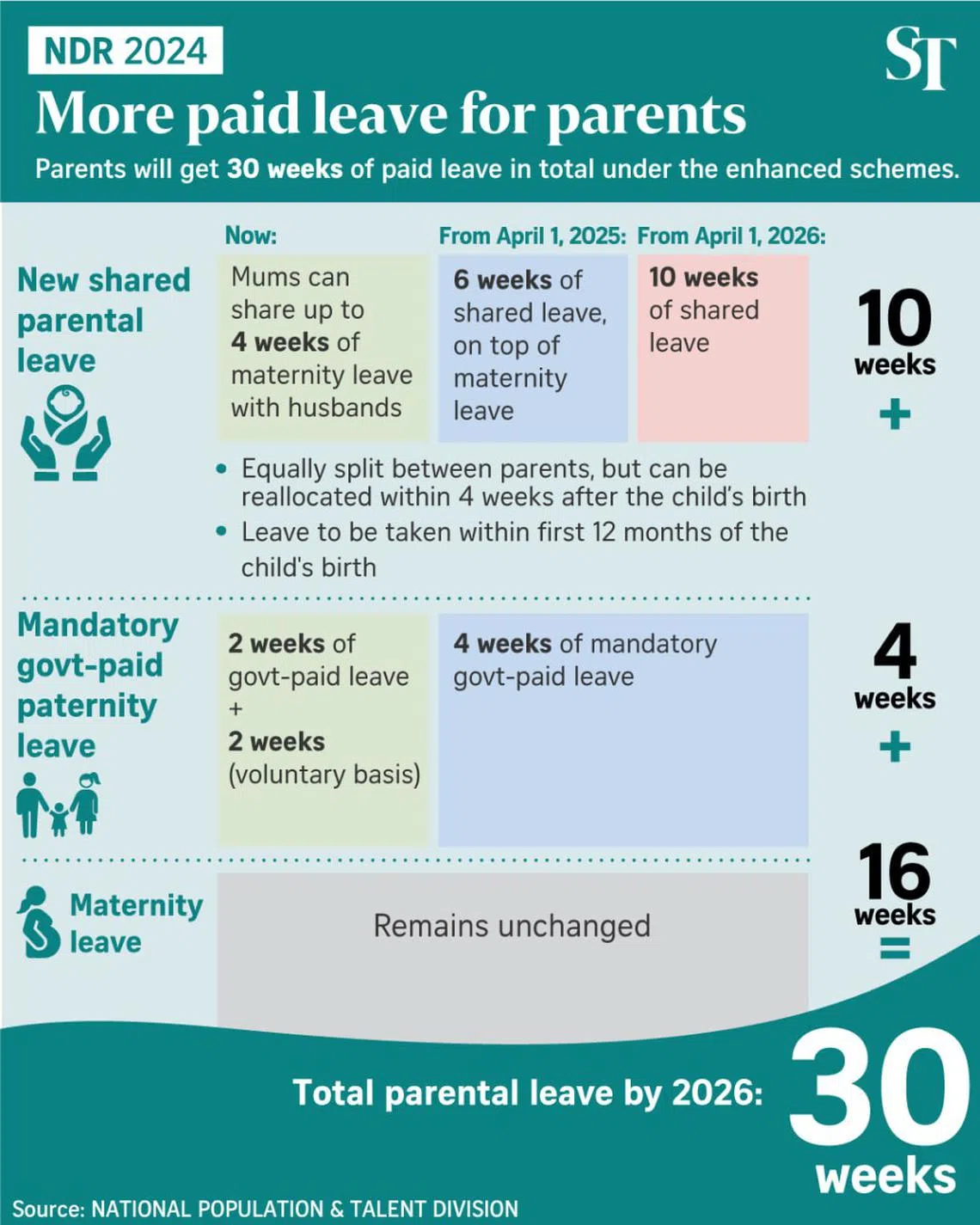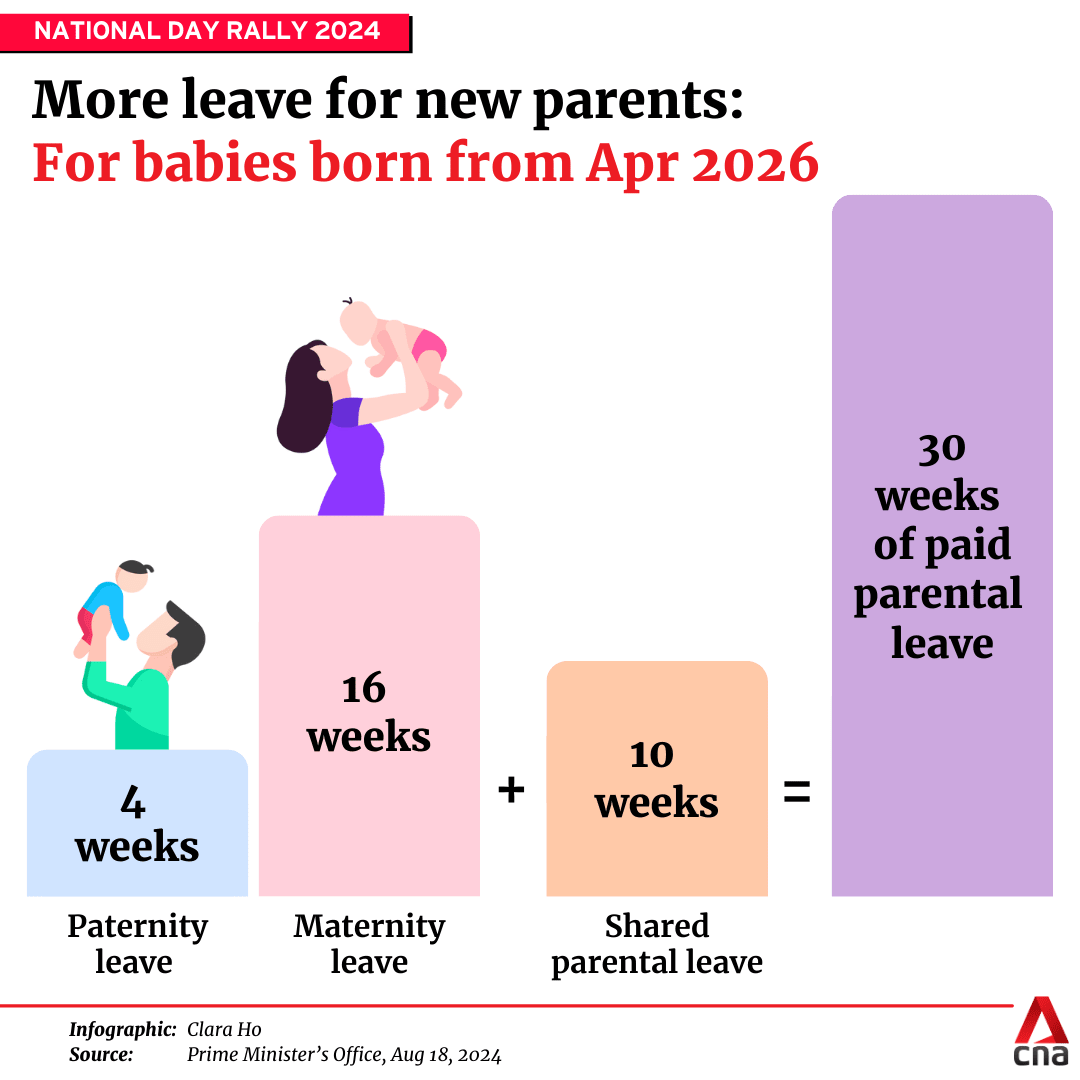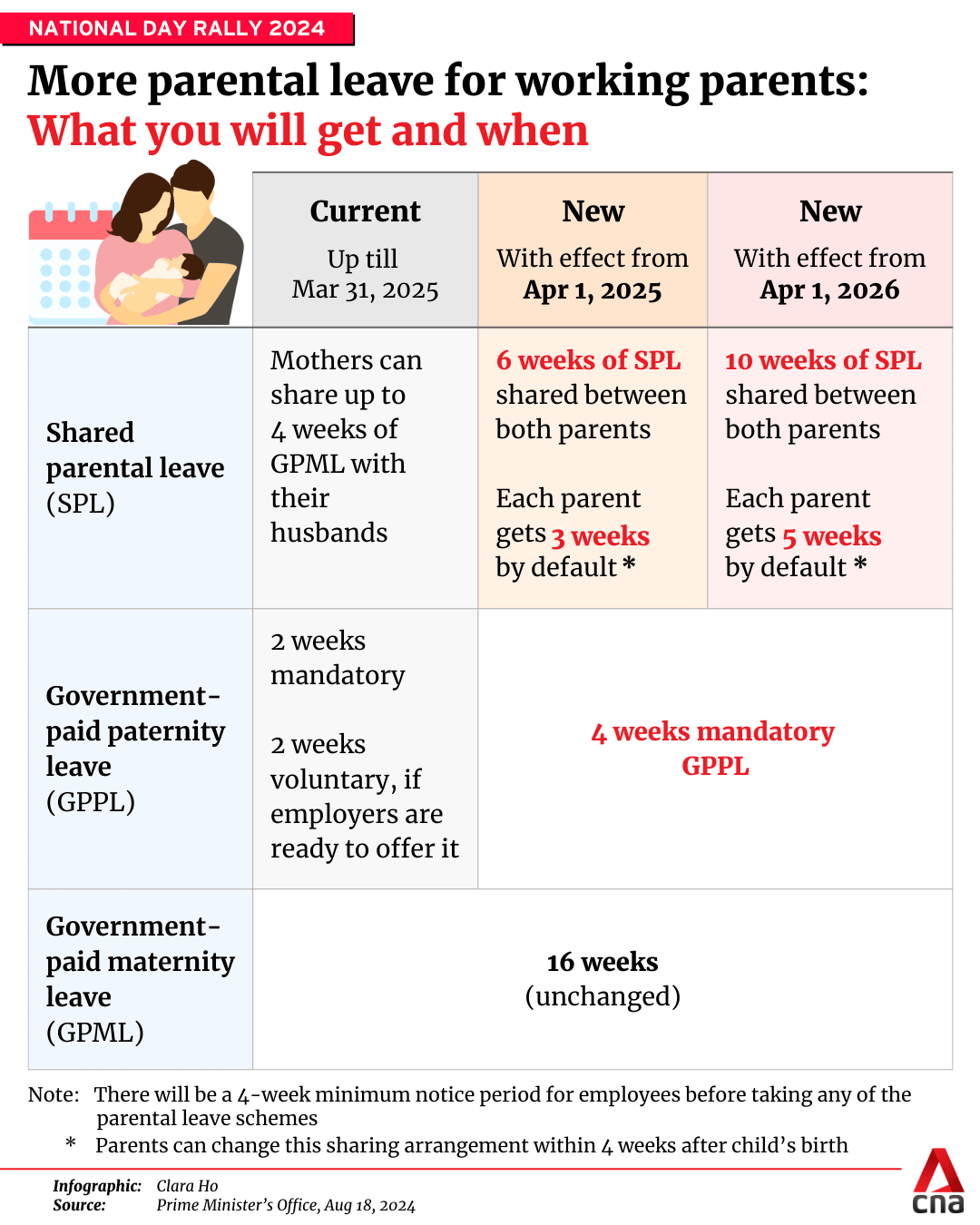Shared Parental Leave Different Employers - Employees can take up to 50 weeks of shared parental leave, and receive up to 37 weeks of statutory shared parental pay (shpp),. To ensure consistency in making and responding to notifications regarding spl it is a. Shared parental leave is a way for parents to share statutory leave and pay on the birth of a child. Should an employer have a shared parental leave policy?
To ensure consistency in making and responding to notifications regarding spl it is a. Should an employer have a shared parental leave policy? Employees can take up to 50 weeks of shared parental leave, and receive up to 37 weeks of statutory shared parental pay (shpp),. Shared parental leave is a way for parents to share statutory leave and pay on the birth of a child.
Shared parental leave is a way for parents to share statutory leave and pay on the birth of a child. Employees can take up to 50 weeks of shared parental leave, and receive up to 37 weeks of statutory shared parental pay (shpp),. To ensure consistency in making and responding to notifications regarding spl it is a. Should an employer have a shared parental leave policy?
Shared Parental Leave EML
Shared parental leave is a way for parents to share statutory leave and pay on the birth of a child. Employees can take up to 50 weeks of shared parental leave, and receive up to 37 weeks of statutory shared parental pay (shpp),. Should an employer have a shared parental leave policy? To ensure consistency in making and responding to.
Shared Parental Leave, Economic, Health, Social, and Employer Benefits
Shared parental leave is a way for parents to share statutory leave and pay on the birth of a child. To ensure consistency in making and responding to notifications regarding spl it is a. Should an employer have a shared parental leave policy? Employees can take up to 50 weeks of shared parental leave, and receive up to 37 weeks.
Your Guide to Shared Parental Leave in the UK
Shared parental leave is a way for parents to share statutory leave and pay on the birth of a child. Employees can take up to 50 weeks of shared parental leave, and receive up to 37 weeks of statutory shared parental pay (shpp),. Should an employer have a shared parental leave policy? To ensure consistency in making and responding to.
NDR 2024 10 extra weeks of shared parental leave; total of 30 weeks
Shared parental leave is a way for parents to share statutory leave and pay on the birth of a child. Employees can take up to 50 weeks of shared parental leave, and receive up to 37 weeks of statutory shared parental pay (shpp),. To ensure consistency in making and responding to notifications regarding spl it is a. Should an employer.
Shared Parental Leave — Danton HR
To ensure consistency in making and responding to notifications regarding spl it is a. Should an employer have a shared parental leave policy? Shared parental leave is a way for parents to share statutory leave and pay on the birth of a child. Employees can take up to 50 weeks of shared parental leave, and receive up to 37 weeks.
NDR 2024 Parents of newborns to get extra 10 weeks of shared leave
Employees can take up to 50 weeks of shared parental leave, and receive up to 37 weeks of statutory shared parental pay (shpp),. Shared parental leave is a way for parents to share statutory leave and pay on the birth of a child. To ensure consistency in making and responding to notifications regarding spl it is a. Should an employer.
Shared Parental Leave Policy Template & FAQs Rocket Lawyer UK
Should an employer have a shared parental leave policy? To ensure consistency in making and responding to notifications regarding spl it is a. Shared parental leave is a way for parents to share statutory leave and pay on the birth of a child. Employees can take up to 50 weeks of shared parental leave, and receive up to 37 weeks.
FAQ What you need to know about Singapore’s new shared parental leave
Shared parental leave is a way for parents to share statutory leave and pay on the birth of a child. Should an employer have a shared parental leave policy? Employees can take up to 50 weeks of shared parental leave, and receive up to 37 weeks of statutory shared parental pay (shpp),. To ensure consistency in making and responding to.
Increase the Joy Improving Shared Parental Leave Working Families
Employees can take up to 50 weeks of shared parental leave, and receive up to 37 weeks of statutory shared parental pay (shpp),. Should an employer have a shared parental leave policy? Shared parental leave is a way for parents to share statutory leave and pay on the birth of a child. To ensure consistency in making and responding to.
Parental Leave
Employees can take up to 50 weeks of shared parental leave, and receive up to 37 weeks of statutory shared parental pay (shpp),. To ensure consistency in making and responding to notifications regarding spl it is a. Should an employer have a shared parental leave policy? Shared parental leave is a way for parents to share statutory leave and pay.
To Ensure Consistency In Making And Responding To Notifications Regarding Spl It Is A.
Should an employer have a shared parental leave policy? Employees can take up to 50 weeks of shared parental leave, and receive up to 37 weeks of statutory shared parental pay (shpp),. Shared parental leave is a way for parents to share statutory leave and pay on the birth of a child.









